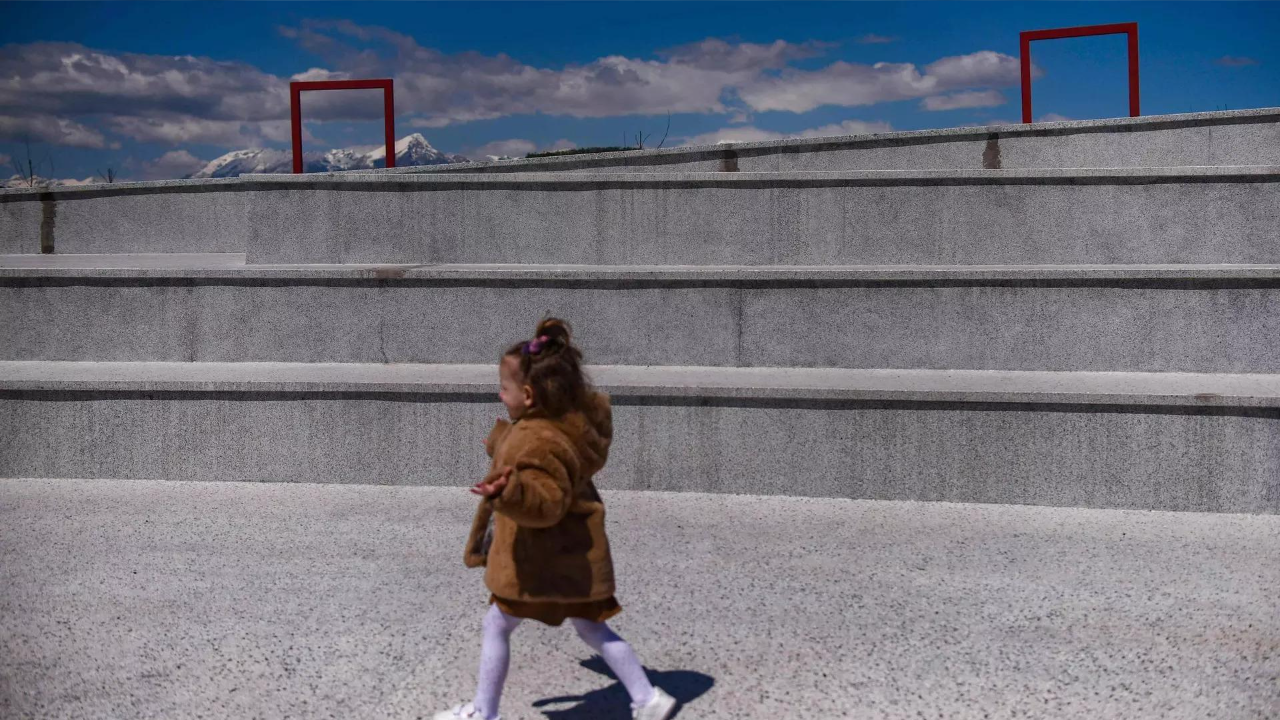This website uses cookies so that we can provide you with the best user experience possible. Cookie information is stored in your browser and performs functions such as recognising you when you return to our website and helping our team to understand which sections of the website you find most interesting and useful.

PRISTINA: Kosovo's leadership has called for justice for the 1,621 people still officially missing from the 1998-1999 war with neighboring Serbia.
On Kosovo's National Day of Missing Persons, President Vjosa Osmani said in a statement: "The violent extinction of thousands of our citizens, including children, was a clear effort to extinguish the people."
The war erupted when the ethnic Albanian majority in Kosovo, which was then a Serbian province, rebelled against rule from Belgrade, which responded with a brutal crackdown. About 13,000 people were killed.
In 1999 a NATO military intervention forced Serbia to pull out of the territory. Kosovo declared independence in 2008, which is not recognized by Serbia.
Prime Minister Albin Kurti paid his respects at a memorial to the missing in the capital, Pristina.
"We need justice. We need accountability. We need criminals, perpetrators, executioners and decision-makers to be behind bars," Kurti said.
The issue of the missing is part of an 11-point European Union plan to normalize relations between Kosovo and Serbia. Kurti is due to meet Serbian President Aleksandar Vucic in Brussels next week for talks.
The European Union mission in Kosovo, or EULEX, has conducted 725 field operations and 197 exhumations, which have resulted in the identification of 332 missing persons.
"These figures don't mean much to those who have not found their loved ones yet," said forensic anthropologist Luisa Marinho.
EULEX said it had been difficult to find the bodies. Many were buried in small, unmarked graves or even in cemeteries, in an effort by the perpetrators to make the search for the missing more difficult and to hide evidence.
While most of the missing are ethnic Albanians, a few are Serbs.
EULEX says it lacks new and credible information on the location of graves. It has complained that not all missing persons' families have given blood samples for DNA analysis, making it harder for experts to identify remains.
Read More



 Africana55 Radio
Africana55 Radio 

